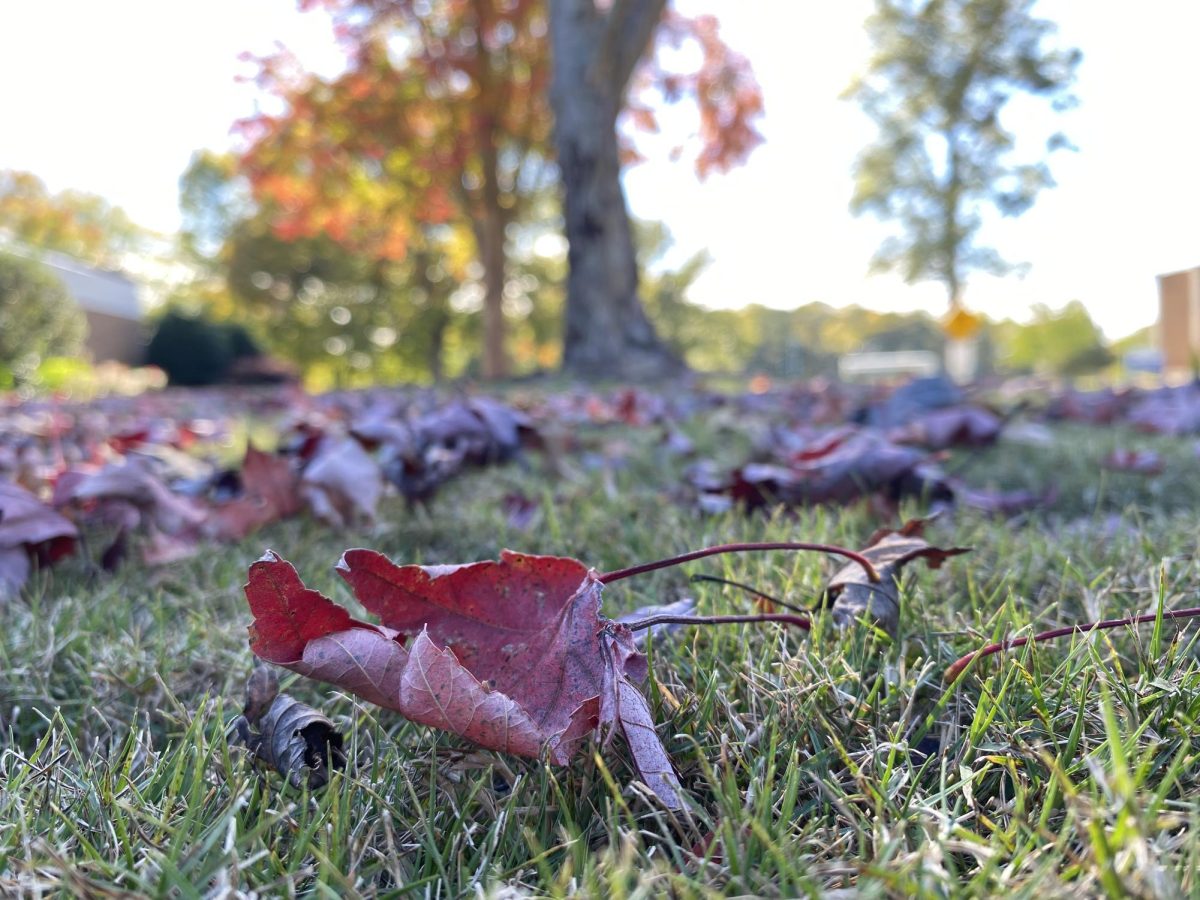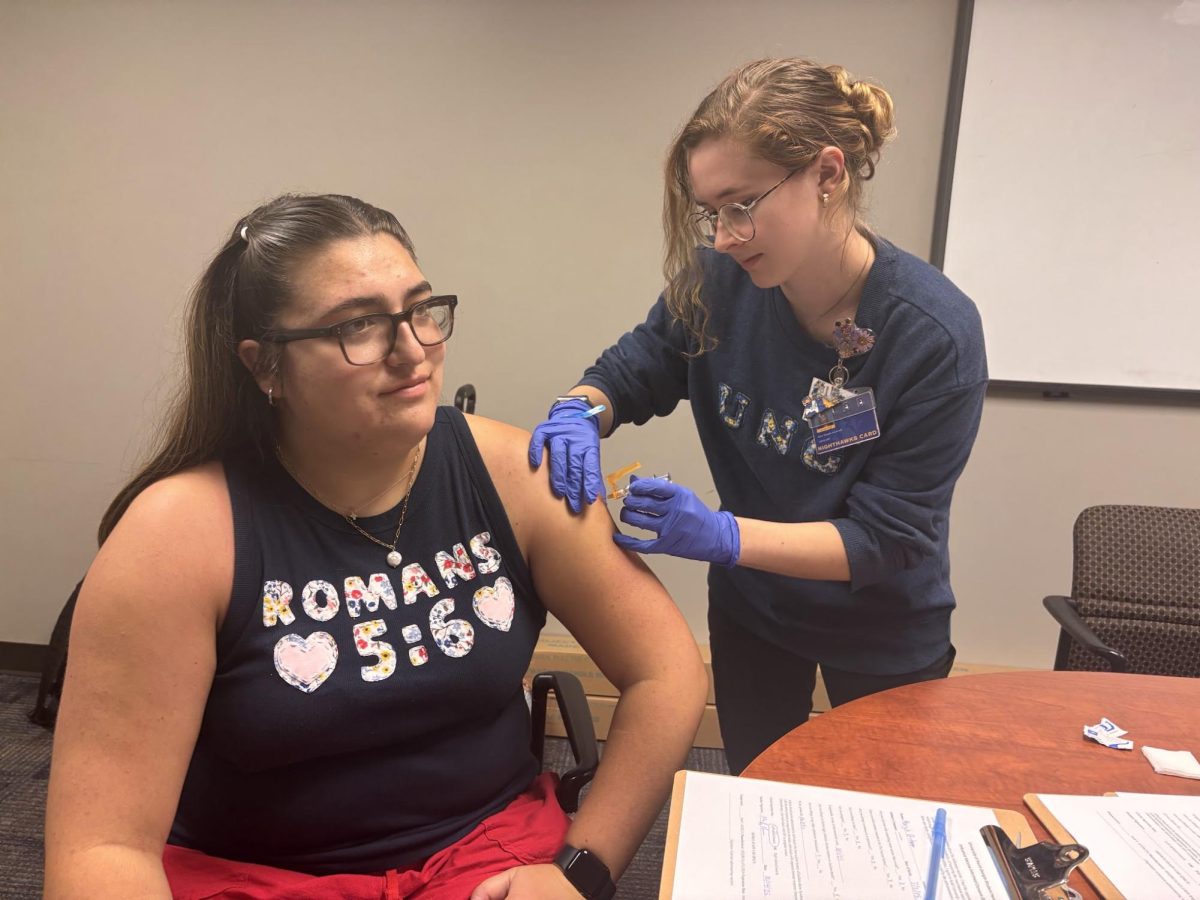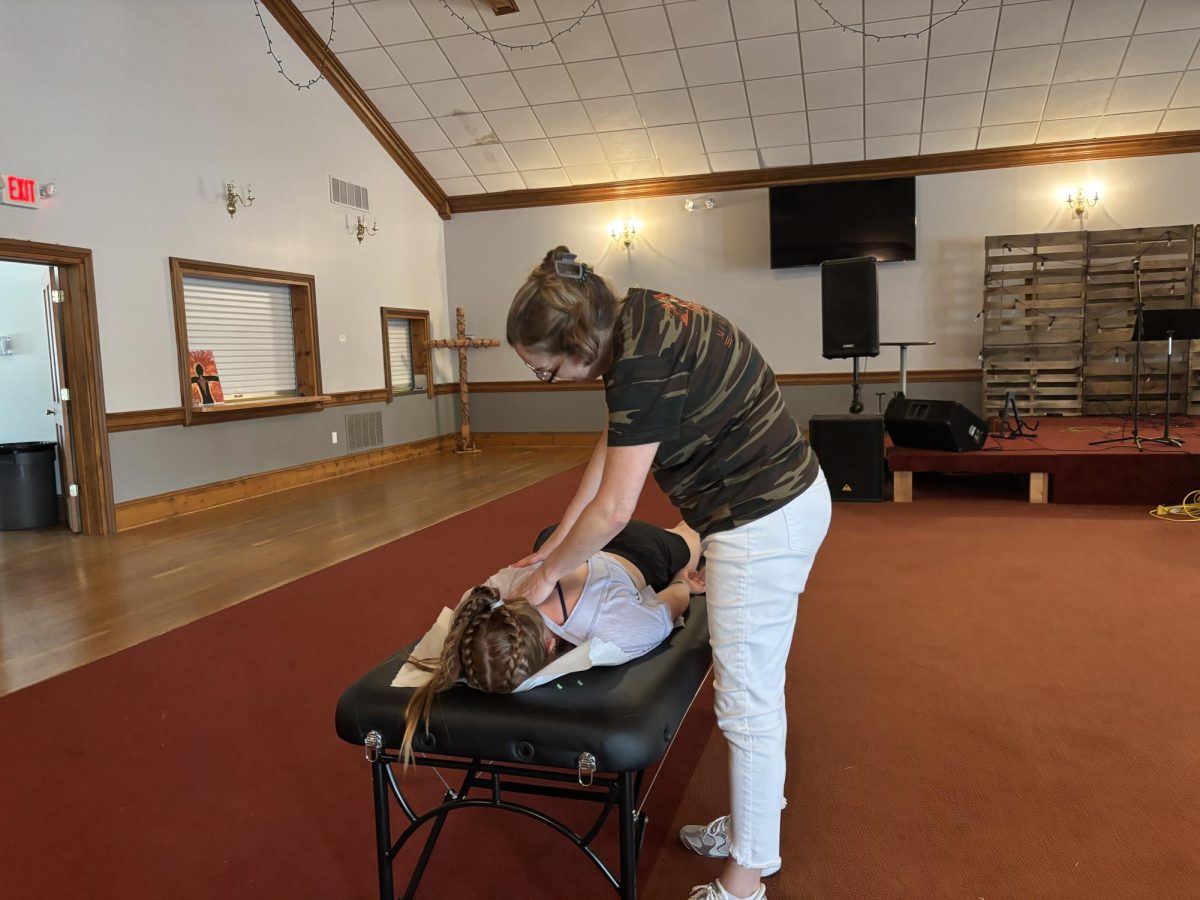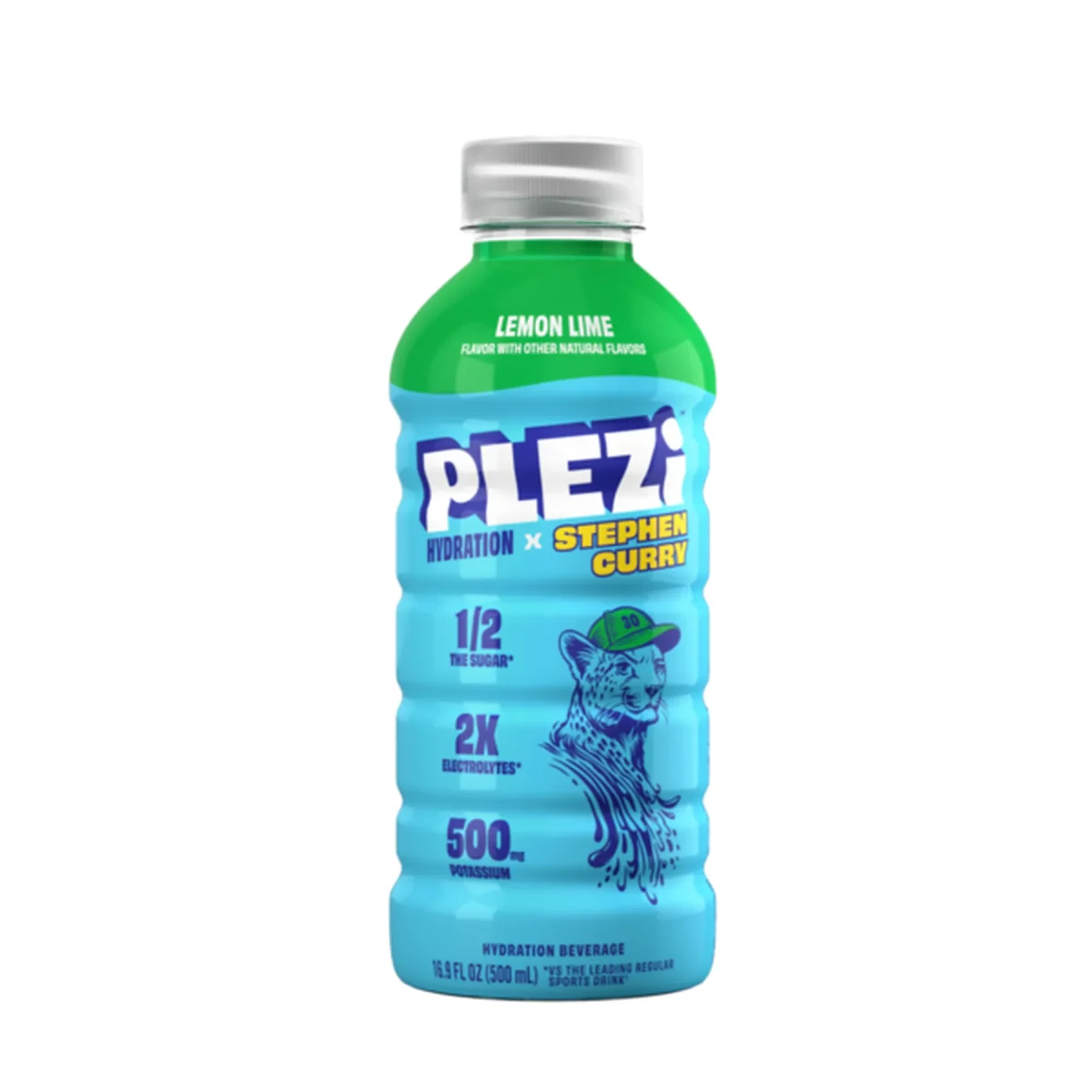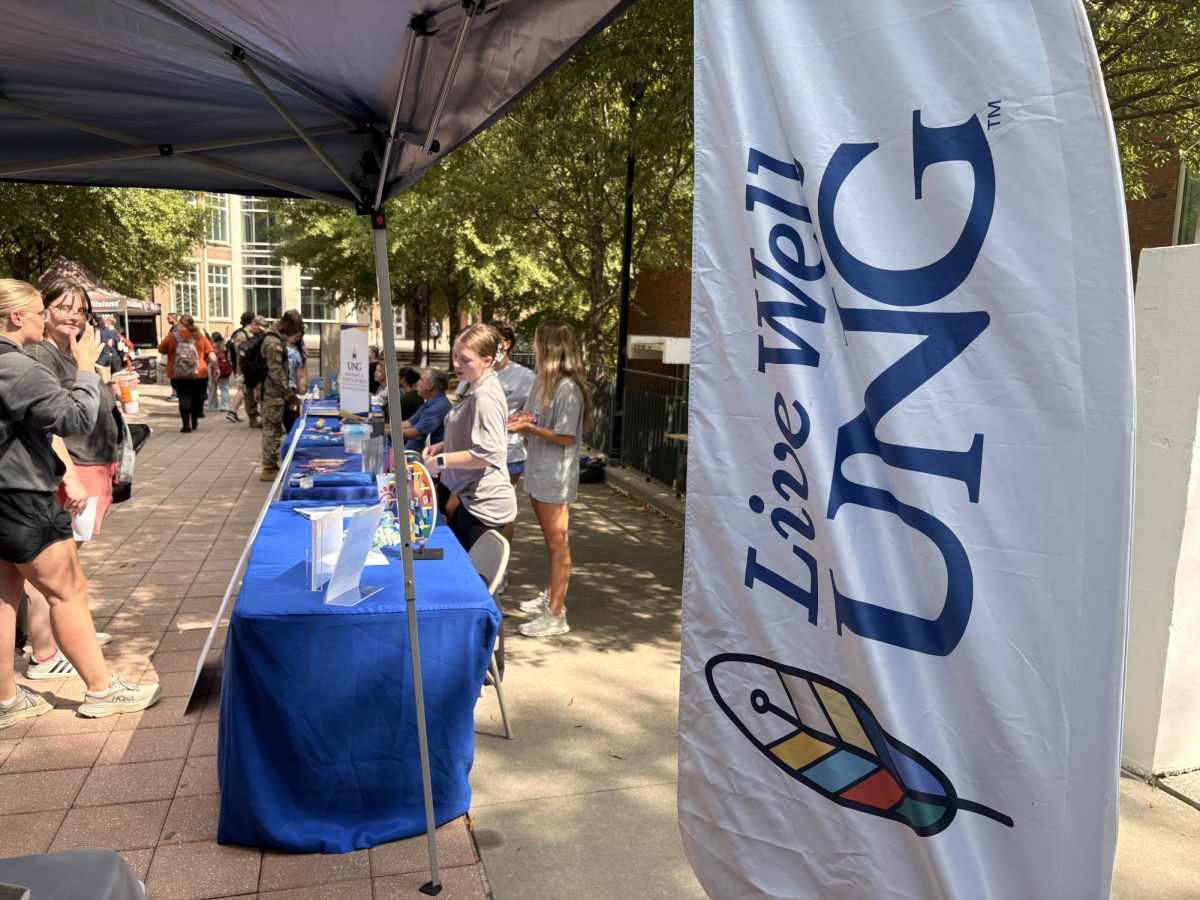As the leaves turn and temperatures drop, it’s important to remember that fall brings with it another chilly visitor: the annual flu season.
Influenza activity will begin increasing this month before peaking later around December. To combat the spread of the sometimes-fatal virus, Student Health Services is giving out flu vaccinations on the University of North Georgia’s Gainesville and Dahlonega campuses.
Students who have paid the health fee (typically included with tuition) are eligible to receive the shot for free, while those who haven’t paid the fee will have $15 charged to their banner account. Vaccinations are available by appointment or walk-in during regular clinic hours.
For students who believe they may have already contracted the flu, the clinic offers in-house testing for the virus. Treatment will vary between patients, but Cook says most people will just need over-the-counter cold medications to start feeling better. Those with asthma or other vulnerable conditions may need a prescription for anti-viral medications.
“These need to be started fairly quickly after becoming symptomatic to be effective,” Cook said.
The severity of the 2023-2024 flu season will depend on which strains are circulating and how well they match up with the current vaccine. This year, the clinic is offering the FluLaval injection, a Quadrivalent vaccine that protects against four different forms of the virus: two influenza A strains and two influenza B strains.
Data from the CDC suggests that the vaccine can reduce the risk of contracting the flu by approximately 40 to 60 percent. For those who do become ill, the shot will decrease the severity of flu symptoms.
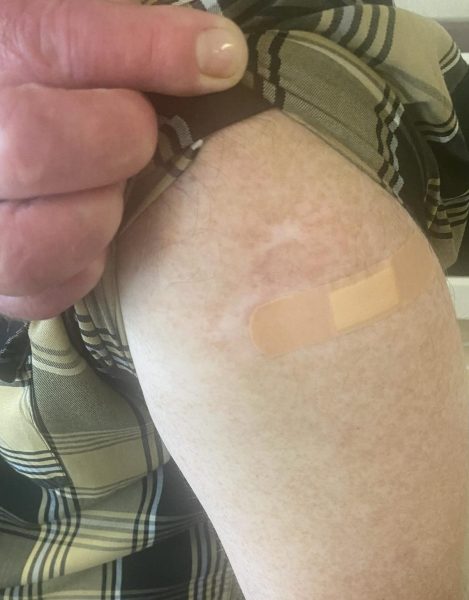
Vaccination rates may be a factor in the flu’s mobility on campus this semester. In response to lower than anticipated turnout last fall, Student Health Services ordered fewer doses of the vaccine this year.
Data shows the Gainesville and Dahlonega clinics administered 670 flu shots in the fall of 2021, only for that number to drop to 389 in the fall of 2022.
So far, the two clinics have administered 363 of the 1,000 vaccines they ordered this fall.
“If by chance we do use up our supply, we can order more,” Cook said.
The COVID-19 vaccine saw a similar decrease in demand, ultimately prompting Student Health Services to stop ordering new doses. In the past, the clinic was required to order the shots in large quantities and would be unable to administer them all before they expired.
“Unfortunately, the clinic cannot order only a handful of the COVID-19 vaccination,” Cook said. “Student Health cannot justify ordering the vaccine especially as it can be obtained easily through local pharmacies and the Health Department.”
Like with the COVID-19 boosters, students may be getting flu shots from local providers and pharmacies. There is no data to confirm the actual rate of flu-vaccinated UNG students.
Regardless of where they get it, Student Health Services encourages students to get the vaccine as soon as possible. Influenza will rapidly gain pace as the months turn colder and students travel for the holidays.





















